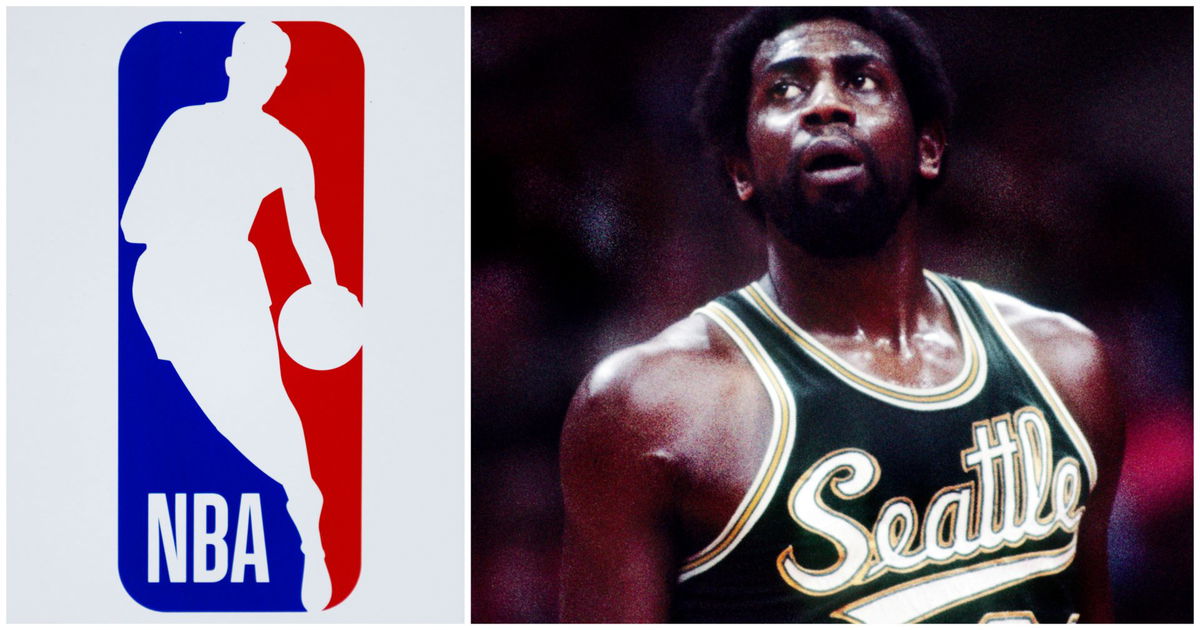
Imago
Image Credits: Imago

Imago
Image Credits: Imago
NBA legend Spencer Haywood was a dominant force on the basketball court. Devoting over 12 years to the leagues, his skills and prowess helped the Los Angeles Lakers to win a championship in 1980. Despite his illustrious career, his entry into the NBA was not without its challenges. Jumping onto the chance to play professionally, a young Haywood decided to go against the established rules and make his voice heard. The journey he embarked upon changed the face of the NBA forever.
Watch What’s Trending Now!
The legal battle between the National Basketball Association (NBA) and Spencer Haywood in 1971 marked a pivotal moment in the history of professional basketball. It shaped the future of the sport, ultimately influencing the dynamics between players, teams, and the league.
ADVERTISEMENT
‘The Stallion’ went into a legal battle with the basketball league
For the latest episode of Kevin Garnett’s ‘KG Certified‘, the 2008 NBA champion invited 74-year-old Basketball Hall of Famer Spencer Haywood. During the same, Garnett touched base on how Haywood won a ?very very predominant case against the government? back in 1971.
The NBA and Spencer Haywood engaged in a legal battle in the aftermath of his joining the Seattle Supersonics in 1970. The NBA Guidelines at the time required that the players must have been 4 years removed from their high school graduation. Since this criterion was not met, the league issued various sanctions against the team and its newest acquisition.
Top Stories
Kyrie Irving Breaks Silence After Injury Return Update Emerges
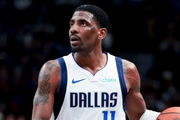
Prayers Pour In For Napheesa Collier After Unfortunate Health Announcement
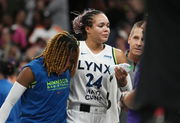
Is Austin Reaves Dating YouTuber SteveWillDoIt’s Ex-Girlfriend? Fact Checking Viral Claim
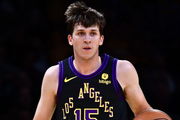
What Is Jake LaRavia’s Ethnicity, Nationality, and Religion? All About the NBA Star’s Background and Family Roots
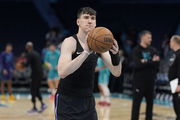
Michael Jordan Could Have Repaired Scottie Pippen Relationship if He Wanted To: Former Teammate

In light of the lawsuits that the basketball league had filed against them, the team in return reportedly filed an antitrust lawsuit that led to the creation of a hardship clause. Eventually, the legal battle made its way to the Supreme Court. Haywood found his support from the then Supersonics owner Samuel Schulman, who offered to ?put up finance? for Haywood?s case through its entirety.
ADVERTISEMENT

Imago
Basketball: Hall of Fame Enshrinement Sep 11, 2015 Springfield, MA, USA Spencer Haywood speaks during the 2015 Naismith Memorial Basketball Hall of Fame Enshrinement Ceremony at Springfield Symphony Hall. Springfield Springfield Symphony Hall MA USA, EDITORIAL USE ONLY PUBLICATIONxINxGERxSUIxAUTxONLY Copyright: xDavidxButlerxIIx 8793820
Throughout the legal proceedings, the NBA tried its best to hold firm and not allow Haywood to participate in any of the games. An injunction was reportedly filed to not allow Haywood to play his first 10 games. Haywood finally played his 11 game, only to find out later that he had been asked not to play 10 more games. During a game against Cincinnati, the young star wasn?t allowed to enter the arena.
ADVERTISEMENT
Eventually, the legal battle made its way to the Supreme Court. From whatever Haywood remembered about the decades-old court sessions, a particular statement by the then Supreme Court Associate Justice Thurgood Marshall has stuck with him. Siding with the young player, the Supreme Court Justice felt sympathetic towards the efforts of Haywood.
?He made all of this money for the Olympics, he made all this money for the University, he made all of this money for the ABA and yet he can?t making a living in the NBA,? said Haywood, recalling the words spoken by Marshall.
ADVERTISEMENT
March 1 1971. The date still resonates brightly in the mind of the 74-year-old. The Supreme Court passed the ruling that the NBA’s eligibility rule was in violation of the antitrust laws. It claimed that the rules restricted a player’s right to earn a living. Haywood v. National Basketball Association was decided in the player?s favor, and he was allowed to play for the Seattle Supersonics.
ADVERTISEMENT
The Aftermath of the Supreme Court Ruling
In the 50+ years since the Supreme Court provided its ruling, the same has been amended and revised quite a few times. However, the overall principle that aspiring players should no longer have to go to college for four years to be eligible for the NBA continues to stand.
Popularly known as the ‘Haywood Rule’, the decision helped to pave the way for generations of NBA players to play for additional years and earn more money in the process. Some of the greatest basketball players, including Kevin Garnett, LeBron James, and Kobe Bryant, owe the result of Haywood?s case to their early success.
ADVERTISEMENT
WATCH THIS STORY: Jimmy Butler Accuses Damian Lillard of Tampering After Giannis Antetokounmpo Betrayal: ?You Didn?t Hear It From Me?
While athletes like Kareem Abdul Jabbar had to wait till they turned 22 to play in the NBA, LeBron had already achieved a total of 8,439 NBA career points by that time. The legacy left behind by him helps each and every aspiring player who has the potential to make their mark in the renowned league. But it wasn’t easy for Haywood.
ADVERTISEMENT
Spencer Haywood had a rough entry into the NBA
Haywood started his professional career in 1969 with the Denver Nuggets (then Rockets). The Rockets used to belong to the American Basketball Association (ABA), a major league that existed from 1967 to 1976. Given the fact that he didn’t have a prosperous start to life and the opportunity to play came while he was still in college, Haywood jumped at the offer to play for the Rockets.
The young Haywood performed beyond expectations, averaging 30 points and 19.5 rebounds per game. His skills and prowess impressed the management, who approached the player with a contract.
ADVERTISEMENT
Haywood chose not to opt into his contract with the Rockets and instead decided to join the Seattle Supersonics. He had been signed to the team on a six-year contract, offering $1.5 million, which eventually led to the case. Before earning more plaudits for his basketball prowess, Haywood had to fight to make sure he found a home in the NBA.
ADVERTISEMENT
ADVERTISEMENT
ADVERTISEMENT

